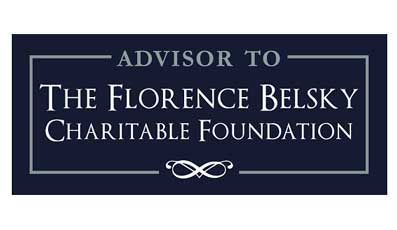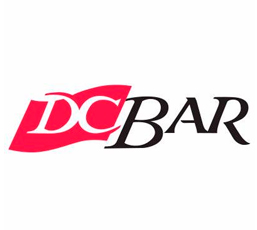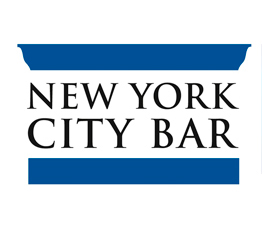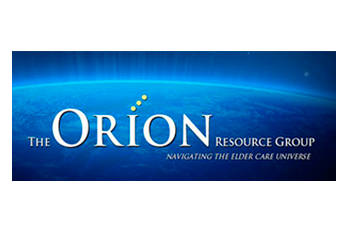By Emily Joseph
Permit me to begin with a personal statement: I love paper, especially the heavy cotton paper often used for Wills. A raised notary seal gives me actual joy. Also, beyond the sentimentality, there are very real reasons, notably fraud and abuse, that members of the trusts and estates community and our institutions have been reluctant to embrace electronic, well, anything. During the Coronavirus Pandemic, I, and several of my clients, have begun struggling with that reluctance.
In the coming months, all of us will struggle to define our “new normal.” Underlying this process is the disquieting assumption that this crisis, or something similar, will happen again. Our practices and institutions must adapt because, if they do not, their ability to serve the needs of our clients and society will falter. Adapting will involve changes to our laws, changes to how our institutions work and changes to how we practice. The breadth and depth of these changes is far beyond the scope of this piece, but below are a few hints as to what may be coming.
– Changes in Law:
- Look for changes in laws relating to how documents are formally executed. The onset of New York’s shelter-in-place order left practitioners scrambling with questions of remote notarization and witnessing. A couple of executive orders provided a framework for the time being, not a permanent solution. The orders provide a starting point for how our laws can be updated.
- The current situation also lends support to consideration of an electronic wills act for New York. Currently four states have enacted electronic wills legislation. After this, that number will likely increase.
– Changes in institutions: My first experience with a probate filing was just after I had transitioned to a Pennsylvania elder law firm from a corporate practice. I was astounded that there was no electronic filing option. Eight years and a new state later, it’s still surprising that a court can be entirely paper based. Embracing uniform electronic filing and video conferencing technology will help prevent a repeat of the current slowdown and the inevitable backlog to come.
– Changes in our practices:
- Practitioners are not only going to have to figure out how to look good on video conference calls, but how to instill confidence in and relate to clients remotely.
- o From the estate planning perspective, expect to see more living trusts and thus, more transfers of real property into living trusts. In light of court closures, the value of avoiding the probate process has increased. I certainly plan to recommend them in more cases.
For the most part, the changes above were already on the horizon and will only be accelerated by our current circumstances. They have the potential to increase our productivity and enhance our client relationships. Managing these changes will be our challenge over the next decade.







